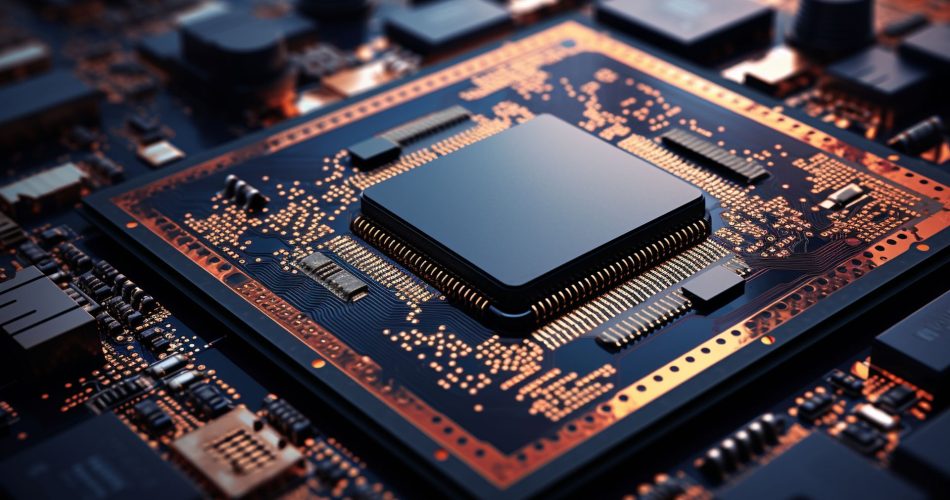Introduction
The ongoing tech war between the United States and China has led to increased scrutiny and restrictions on various aspects of technology trade and innovation. A recent development in this arena involves the potential for US restrictions on AI (artificial intelligence) chips to inadvertently benefit Huawei, a prominent Chinese tech company. In this article, we will explore the dynamics at play and how these restrictions could impact the tech landscape in China.
The Background
The United States has imposed sanctions and export controls on several Chinese tech companies, including Huawei, citing national security concerns. These restrictions have hindered Huawei’s access to critical technologies, such as semiconductor chips, which are vital for the development of AI and other advanced technologies.
US Restrictions on AI Chips
AI chips are a critical component in the development of artificial intelligence, machine learning, and other emerging technologies. They power everything from autonomous vehicles to data centers and AI-driven applications. Historically, the US has been a leader in AI chip development, with companies like NVIDIA, Intel, and AMD leading the way.
However, recent developments have seen the US government considering stricter export controls on AI chips to prevent them from falling into the hands of entities perceived as a national security risk. This has created a conundrum for US-based chip manufacturers who wish to do business in China.
The Potential Benefit to Huawei
Huawei, despite the ongoing restrictions, is a key player in the global telecommunications and technology sector. The company has been striving for self-reliance and technological independence, investing heavily in R&D to develop its semiconductor capabilities. US restrictions on AI chips may inadvertently drive more resources and attention towards Huawei’s efforts to develop its AI chip manufacturing.
If the US limits the supply of AI chips to China, Huawei and other Chinese tech companies might be motivated to accelerate their efforts to produce these chips domestically or with alternative suppliers. This would enable them to circumvent the restrictions and further strengthen China’s position in the global tech race.
China’s Push for Technological Self-Reliance
China has embarked on a national campaign for technological self-reliance, often referred to as “Made in China 2025.” This initiative aims to make China a global technology leader across various sectors, including AI, robotics, and semiconductors. US restrictions on AI chips could serve as a catalyst for China to redouble its efforts to achieve this goal.
The Global Implications
The unintended consequence of these restrictions is that they could lead to the bifurcation of technology ecosystems, where China and the US develop separate and parallel tech industries. This could alter the competitive landscape of the global tech industry and disrupt the supply chain that has been intricately intertwined for decades.
Conclusion
The US restrictions on AI chips pose a complex challenge, where national security concerns intersect with economic and technological interests. While the intent behind these restrictions is to protect national interests, they may inadvertently benefit Huawei and other Chinese tech companies by accelerating their drive for technological self-sufficiency. The outcome of this dynamic will have far-reaching implications for the future of global technology competition, and it underscores the need for strategic, forward-thinking policies in the tech sector that consider both national security and the global tech landscape.

